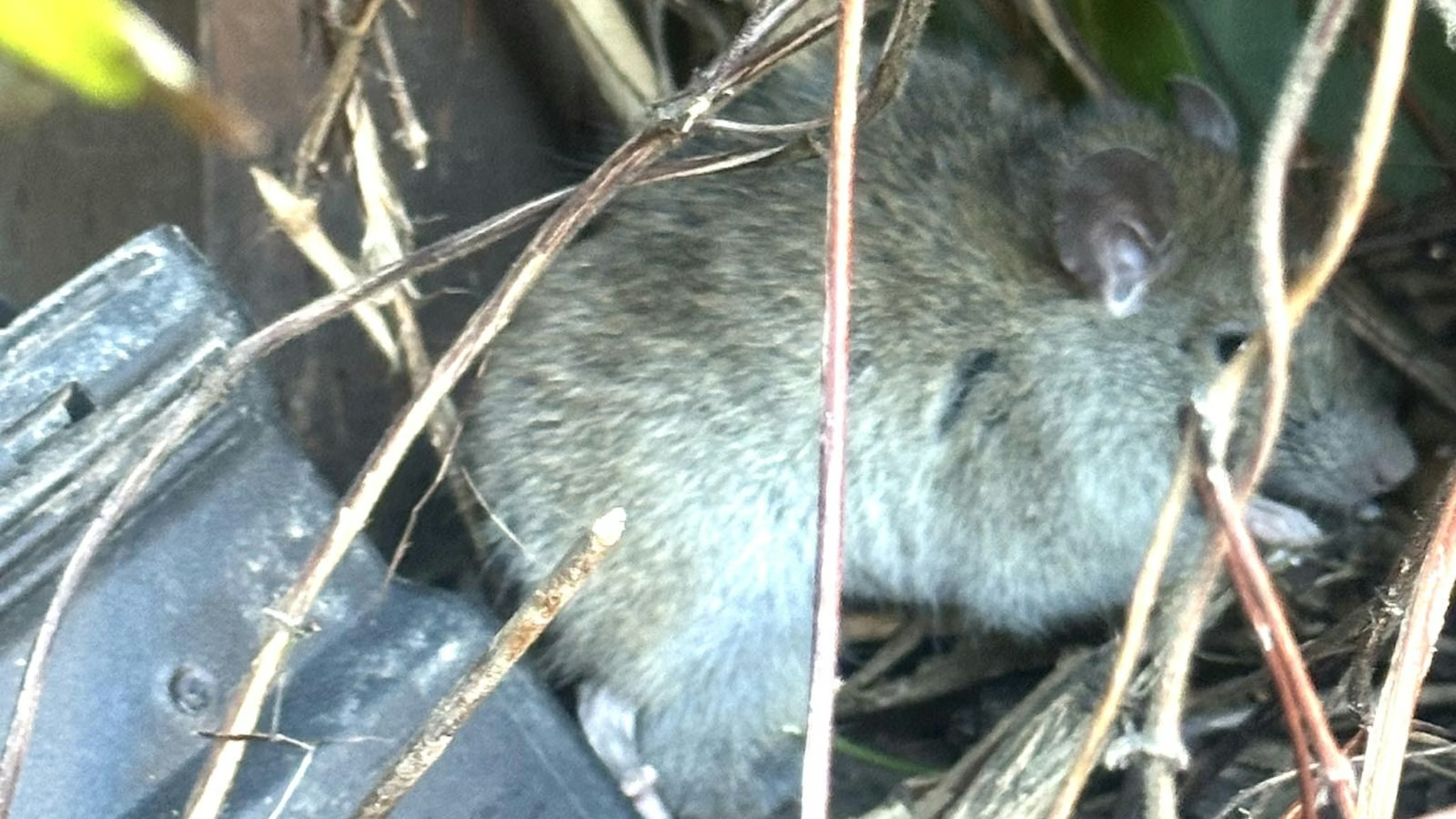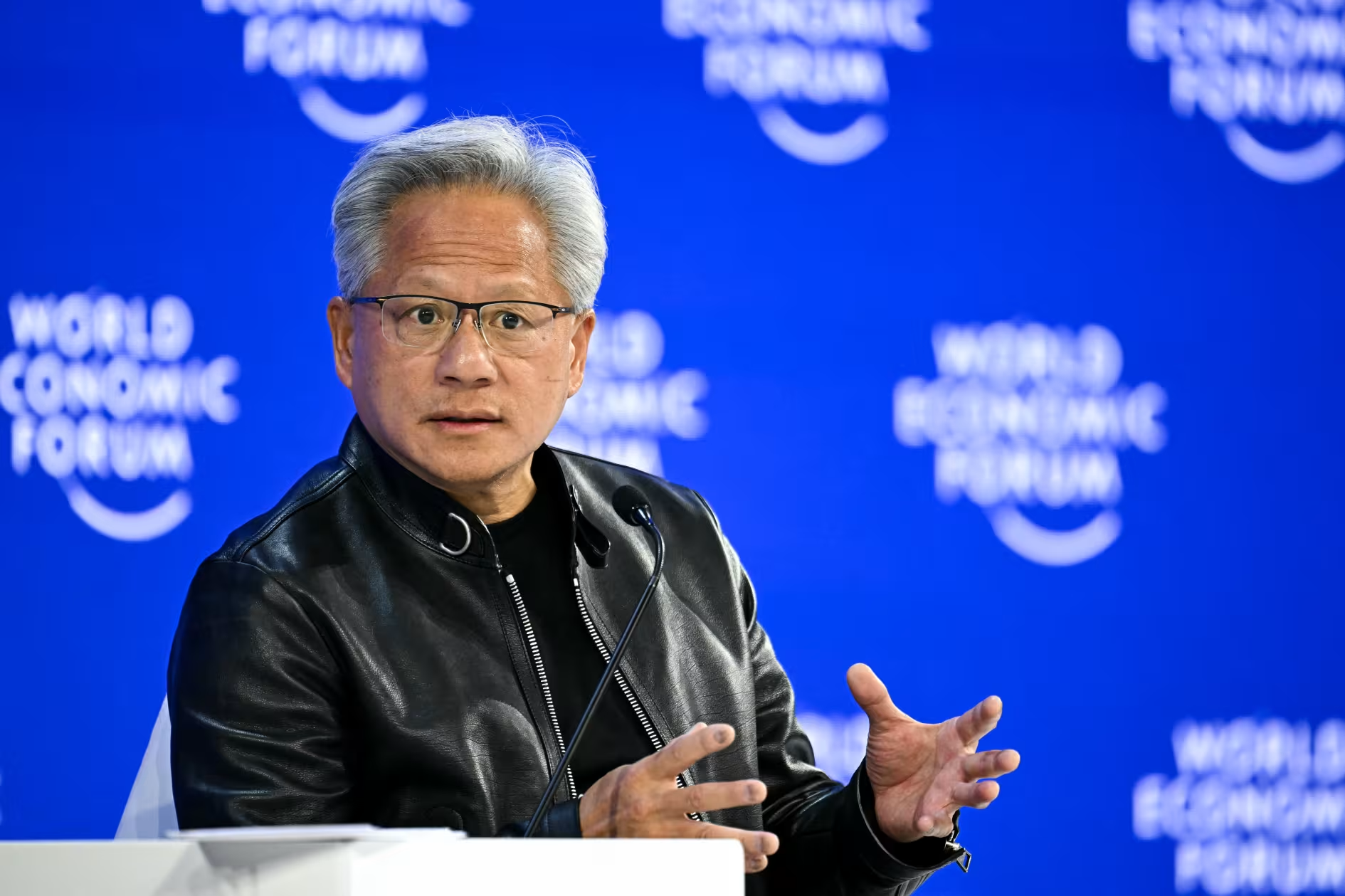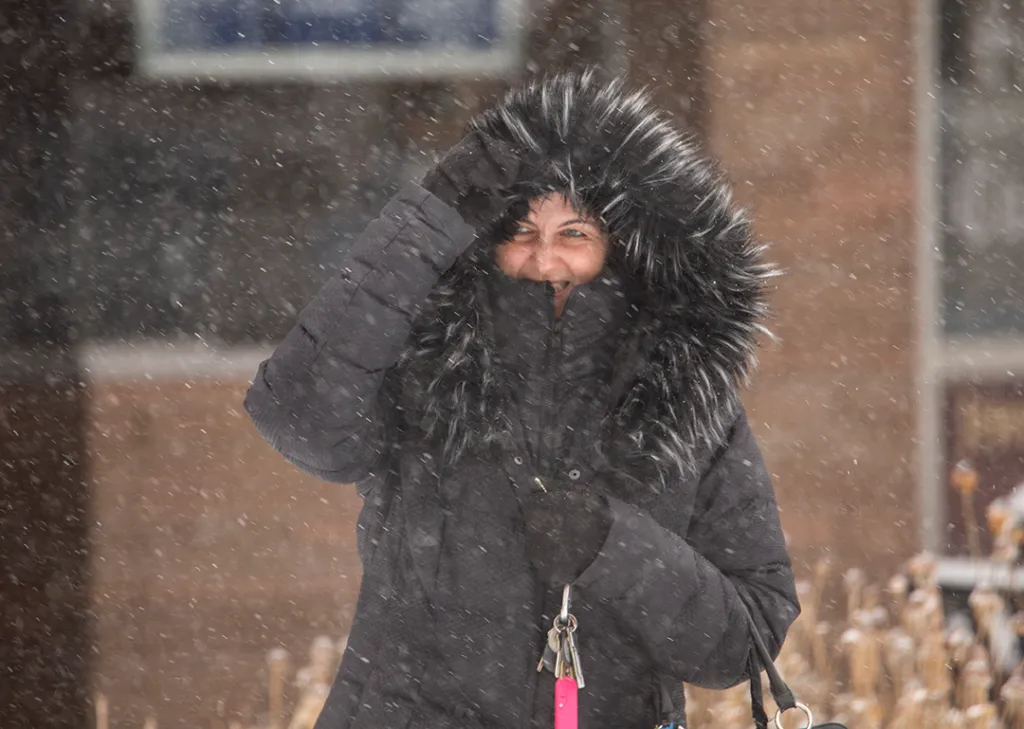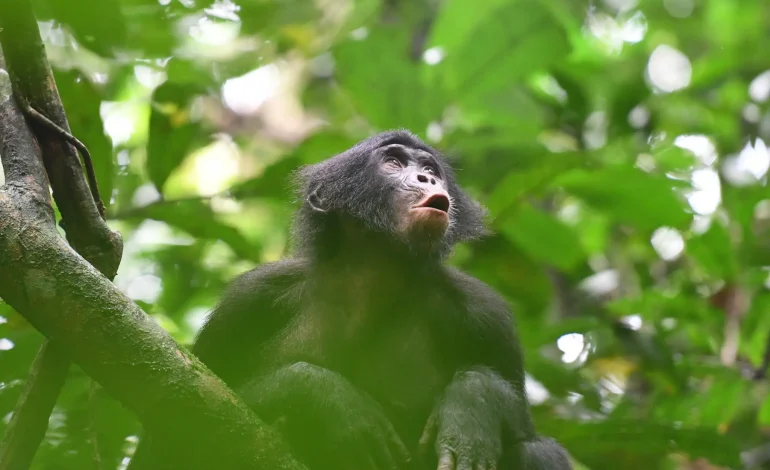In a groundbreaking study, researchers have uncovered evidence suggesting that bonobos, our close primate relatives, may have the ability to combine vocal sounds to convey meanings that go beyond the individual sounds themselves—a feature long considered unique to human language.
The study, published in the journal Science, reveals that bonobos can combine different vocalizations in ways that produce meanings distinct from the sum of the sounds. This discovery challenges previous assumptions about the uniqueness of human language and offers new insights into the evolutionary roots of communication.
Over a period of eight months, researchers recorded more than 700 vocalizations from wild bonobos in the Kokolopori Bonobo Reserve in the Democratic Republic of Congo. The team, led by Mélissa Berthet from the University of Zurich, examined the context of each vocalization, documenting the situations in which they occurred. This approach, which involved cataloging the sounds and their contexts, is considered innovative and was praised by experts like Toshitaka Suzuki, an associate professor at the University of Tokyo.
Among the findings, the researchers identified 16 distinct combinations of calls. While most of these pairs were simply a sequence of sounds with individual meanings, four combinations stood out. For example, a “peep” sound, which was associated with a request, followed by a “whistle,” which typically signaled the need to stay together, seemed to form a combined meaning that encouraged social cohesion in tense situations. This new meaning was not simply the sum of the two sounds but represented a novel interpretation when the sounds were used together.
The findings suggest that the ability to combine sounds to create more complex meanings, a concept known as compositionality, may not be unique to humans. Linguists have long argued that compositionality—where words are combined to form new meanings—is one of the defining features of human language. Examples in human language include phrases like “bad dancer,” where the words “bad” and “dancer” modify the meaning in ways that go beyond their individual definitions. The bonobos’ use of combined calls to express new meanings hints that such a capacity may have existed long before humans evolved.
The study’s results support the idea that the cognitive building blocks for language may be older than previously thought. Dr. Simon Townsend, a co-author of the study, suggests that these findings indicate that our common ancestor with bonobos, who lived around 7 million years ago, may have already possessed the foundational elements of language.
While the study has sparked excitement in some quarters, it has also generated skepticism. Johan Bolhuis, a neurobiologist at Utrecht University, questioned whether the bonobos’ ability to combine sounds truly demonstrates compositionality. He argued that for a system to be truly compositional, it would need to follow specific syntactic rules to combine sounds into complex phrases, a feature that has not yet been observed in bonobos.
Dr. Townsend, however, countered that the bonobos’ ability to combine calls may represent an early precursor to more complex linguistic structures, which likely emerged in humans over time. He pointed out that the pairing of sounds could be the first step in the evolution of more sophisticated forms of communication.
The Washington Post, the New York Times, and the Guardian contributed to this report.










The latest news in your social feeds
Subscribe to our social media platforms to stay tuned